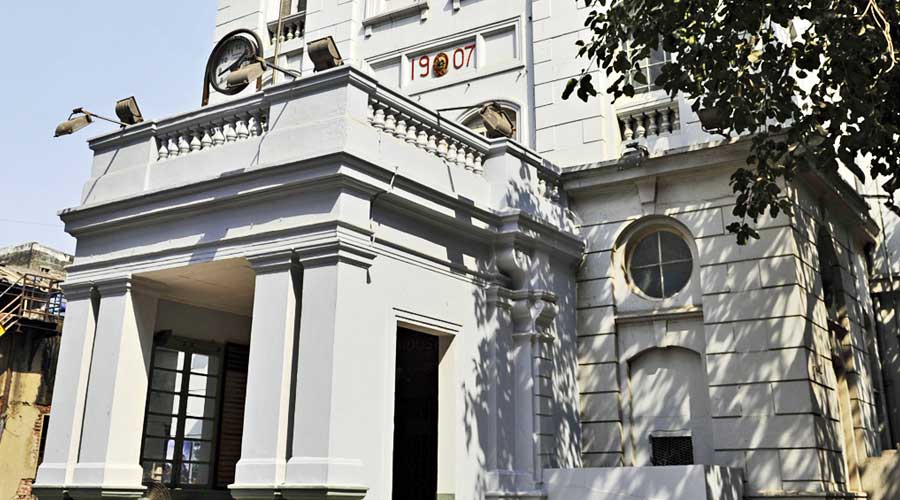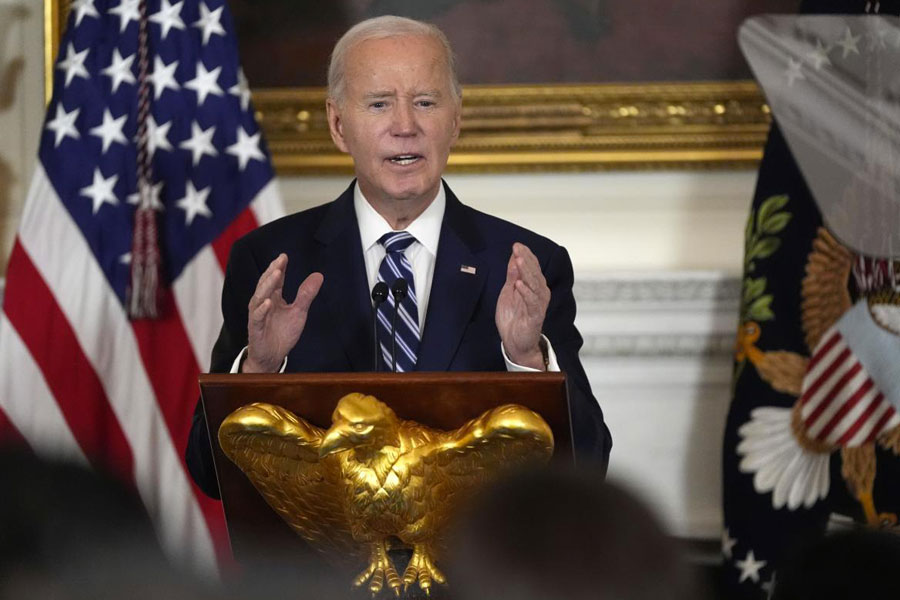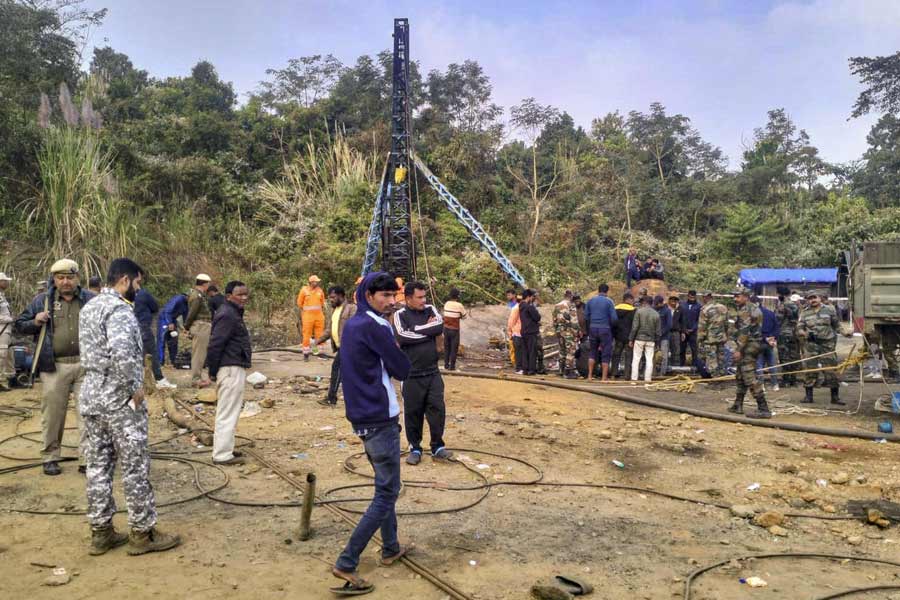Century-old Andrew Yule is bringing the curtains down on its city-based electrical division rendering close to 600 workers jobless in one more instance of central public sector organisations under the Narendra Modi-government paring their presence in Bengal.
The process of winding up the division’s two units, both located in the Khidderpore area, is likely to be completed by September and employees offered voluntary retirement or separation schemes.
An internal committee of the board has approved the closure of the units by meeting the expenses of the separation scheme from internal resources.
The panel had submitted its recommendations to the board and the concerned central ministry more than a month ago, on June 2.
The electrical division in Calcutta manufactures switchgears, transformers and unitised sub-stations among other items. The division had become unviable in the absence of investments to upgrade its technology even as it failed to match up to the stiff competition in the market.
Last month, Bengal finance minister Amit Mitra wrote a letter to Union minister Dharmendra Pradhan in which he listed the number of central PSUs which are either scaling back operations in Bengal or in the process of relocating out of the state in the wake of a decision by Steel Authority of India to dismantle the raw material division based in Calcutta. SAIL went ahead with the decision amid protests but none of the RMD employees got the sack.
The closure of the Yule division was not publicly known then and understandably was not mentioned in the letter.
Sanjoy Bhattacharya, who took charge as the chairman and managing director of Andrew Yule less than a year ago, did not respond in spite of repeated attempts. However, the latest annual report of the company published in November 2020 did lay bare the PSU’s outlook on the electrical division which was referred to as the “bleeding organ”.
The Calcutta operation of the company has been incurring continuous losses for many years as the products lost their viability because of the changed demand and technology scenario, Andrew Yule observed in its annual report of 2019-20.
The average loss of the unit was almost touching Rs 20 crore per year, including Rs 16 crore incurred for employee benefits. The management felt the unit can at best clock a turnover of Rs 40-42 crore, subject to the availability of necessary working capital, way short of a turnover of around Rs 120 crore needed to make the unit viable. The report concluded that such a scenario “is no way possible due to the aforesaid non-viability of the product”.
“As such, this unit has become a continuous bleeding organ for AYCL, which is pulling down the overall profitability and liquidity of the company,” the board’s report to the shareholders noted.
The electrical division in Calcutta posted a turnover of Rs 22.20 crore in the financial year 2020-21 and a pre tax loss of Rs 10.97 crore. In the previous fiscal, it recorded a pre-tax loss of Rs 19.34 crore over a turnover of Rs 20.67 crore.
Workers deployed at the division have disagreed with the management view that the unit could not be turned around. “There is a good market for the products that are being made in these units under the electrical division. But the management is not serious in pursuing the business or modernise the plants," said Khokan Majumdar, president of the Citu unions at the two units of the electrical division in Calcutta. The unions plan to submit a memorandum to the management voicing their concern this week.
Glorious past
Set up by Scottish entrepreneur Andrew Yule in 1865 as a managing agency in Calcutta, the then second most important city in the British empire after London and the capital of India, the group reached its zenith of prosperity at the time of the country’s Independence when it had 57 companies under management, employing 86,000 people.
On a turnover of Rs 23 crore in 1947, it paid a tax of Rs 1.8 crore which accounted for one-sixth of the then government’s current revenue, the Andrew Yule website claimed. After the abolition of the managing agency system in 1969, the fortunes of Andrew Yule ebbed and it subsequently became a public sector unit in 1979.
Several companies were nationalised and merged with Andrew Yule over the course of the next decade by acts of Parliament. One of the units of the electrical division came under the Yule fold in this manner too.
The undertaking of Brentford Electric (India) Ltd, was nationalised vide Brentford Electric (India) Ltd Act, 1987 with effect from 1st April, 1986 and all the rights, titles and interest in relation to the said undertaking was vested with the company through a gazette notification dated 14th November, 1987. The Modi government subsequently repealed the Act in 2017.
The decision to wind up the division comes at a time the Centre brought the ministry of heavy industry, the administrative ministry of AYCL, under the finance department. Many of the companies are based out of Bengal and sick and are said to be potential divestment candidates.
Andrew Yule posted a net profit of Rs 21.19 crore on an income from operation of Rs 328.38 crore in the last fiscal compared with a loss of Rs 21.25 crore on an income of Rs 297.07 crore in 2019-20. On a consolidated basis, it made a profit of Rs 35.15 core in the last fiscal.
While the engineering division based in Kalyani, Bengal and the electrical division at Chennai also made losses, the profit from the tea division covered them up fully. The company has 15 gardens in Darjeeling, Dooars and Assam, capable of producing 15 million kg a year.










